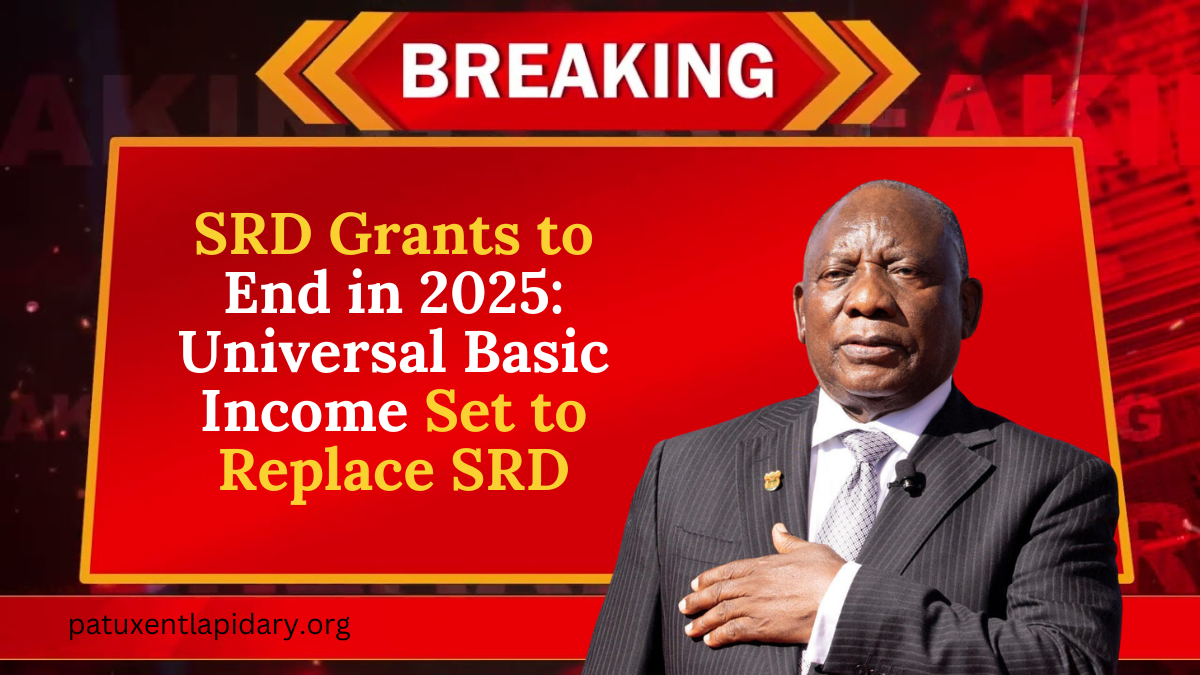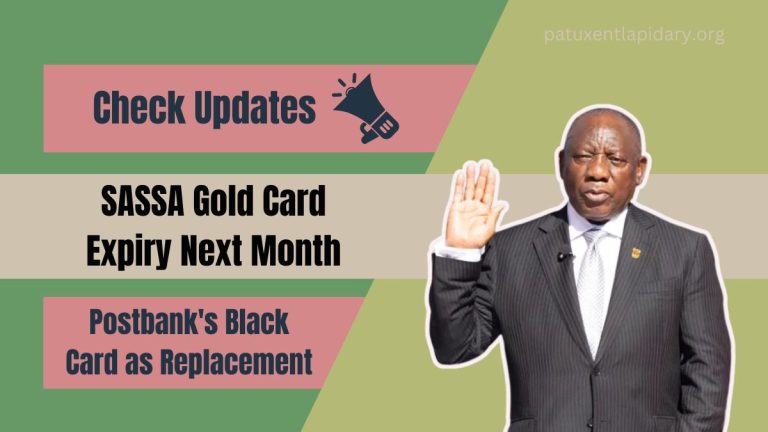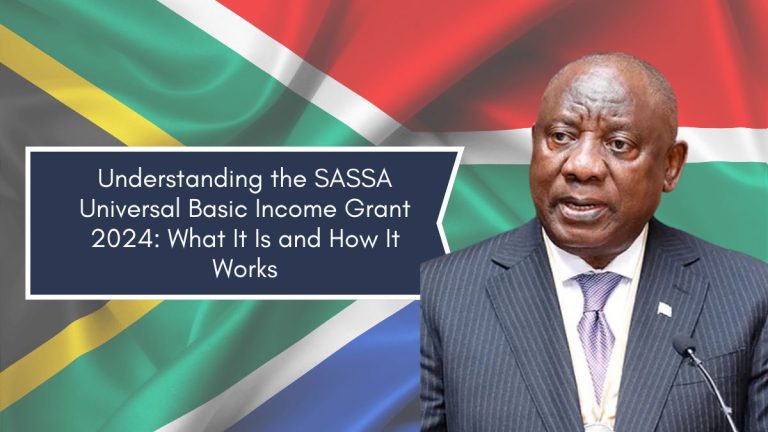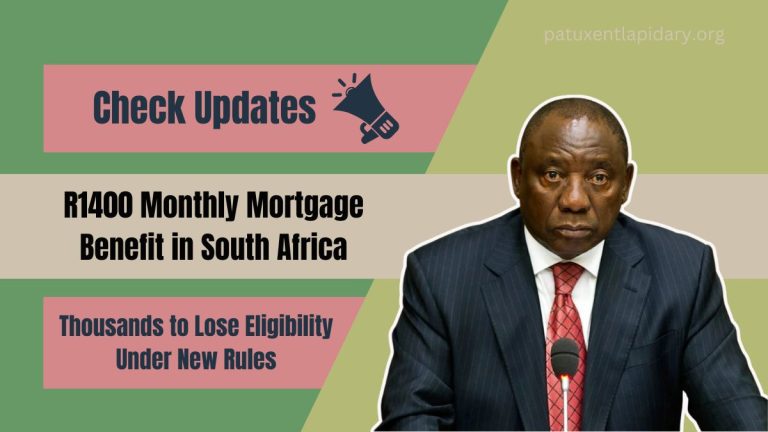Following the South African elections in May 2024, a transformative decision has been announced to transition from the Social Relief of Distress (SRD) Grant to Universal Basic Income (UBI). The UBI initiative aims to offer long-term financial stability and support across South Africa, eliminating strict eligibility requirements. This shift is designed as a comprehensive economic solution to uplift the nation.
SRD Grants to Conclude by 2025
With the implementation of UBI, South Africa is poised to become the first country to provide extensive financial assistance through a universal scheme. The proposed UBI Grant primarily targets adults aged 18 to 59 years, ensuring financial coverage for a broader segment of the population.
The SRD Grant, initially introduced during the peak of COVID-19, has been a vital lifeline for millions of South Africans. It has provided critical financial aid, particularly for covering basic food expenses, to those in dire need. However, the transition to UBI aims to expand support by addressing income disparities and offering a more inclusive financial model.
Current Status of SRD and Its Extension
As part of the medium-term budget policy statement for 2023/2024, Finance Minister Enoch Godongwana confirmed an extension of the SRD Grant until March 2025. An additional R34 million has been allocated to sustain this essential social relief, reaffirming the government’s commitment to supporting vulnerable communities during the transition.
Challenges in Implementing Universal Basic Income (UBI)
While the concept of UBI promises substantial benefits, implementing such a system across South Africa comes with notable challenges:
- Funding Concerns: Collecting the significant funds required for UBI is a daunting task for the government.
- Gradual Transition: Replacing SRD with UBI is expected to take one to two years, requiring careful planning and execution.
- Distribution Complexity: Ensuring that UBI reaches the intended recipients in an efficient manner is a critical and complex undertaking.
Global Experiences with UBI
South Africa is not alone in exploring the possibilities of Universal Basic Income. Several countries have tested similar initiatives:
| Country | Implementation |
|---|---|
| Spain | Introduced UBI during COVID-19, providing a monthly grant of €1,015 to those most in need. |
| United States | Distributed a one-time payment of $1,200 to millions of Americans as short-term relief. |
| Kenya | Experimented with UBI, where recipients improved their income, started small businesses, and reduced poverty. |
These examples highlight the potential of UBI to address economic challenges and improve living standards.
Benefits of UBI Compared to SRD
Transitioning from SRD to UBI offers several advantages for South Africa:
- Comprehensive Economic Solution: UBI provides a more robust and sustainable approach to eliminating poverty compared to the SRD Grant.
- Accessible Financial System: Unlike SRD, UBI is designed to be easily accessible without dependence on internet connectivity, addressing digital infrastructure challenges.
- Boost to Economic Growth: By increasing spending power among low-income households, UBI directly stimulates production and economic activity.
- Enhanced Social Inclusion: UBI removes the stigma associated with welfare benefits, fostering a sense of dignity and belonging among recipients.
By transitioning to Universal Basic Income, South Africa takes a bold step towards creating a more inclusive and economically resilient society. This change aims to empower individuals, foster economic growth, and provide long-term financial security for millions.
FAQs
1. When will the SRD Grant officially end?
The SRD Grant is expected to end in March 2025, coinciding with the full implementation of UBI.
2. Who will qualify for Universal Basic Income in South Africa?
The UBI Grant primarily targets adults aged 18 to 59 years, regardless of their income level.
3. Why is the SRD Grant being replaced by UBI?
UBI offers a broader and more inclusive financial model, addressing poverty and income inequality more effectively than the SRD Grant.
4. What are the main challenges of implementing UBI?
Challenges include securing sufficient funding, ensuring efficient distribution, and managing the gradual transition from SRD.
5. Has UBI been successful in other countries?
Yes, countries like Spain, the United States, and Kenya have implemented UBI schemes with varying degrees of success, improving income levels and reducing poverty.







